
Rheoli Risg, Cynllunio a Rheoli Digwyddiadau
Managing Risk, Planning and
Managing
Events
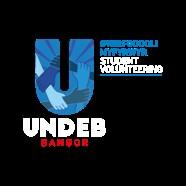

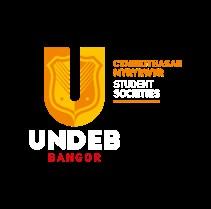



Rheoli Risg, Cynllunio a Rheoli Digwyddiadau
Managing




Groups must have their own Health & Safety documents which consider:
• Roles & Responsibilities – who does what, training needs, handover, and committee oversight.
• Training & Induction – how members are briefed, required inductions/training (including refreshers & drills), and how records are kept.
• Equipment Safety – inspection & maintenance, safe storage/handling, use of specialist kit, and quarantining unsafe equipment.
• First Aid – arrangements in place for activities/events.
• Venues – considerations at different venues, including emergency/evacuation procedures.
• Participation Requirements – what members need (equipment, training, health requirements), and how responsibilities are communicated.
• Activity Requirements – competency of leaders, supervision of less experienced members, activity-specific protocols/equipment, and any governing body standards.
• Incident Reporting – clear process for reporting incidents and near misses.
• Risks – relevant and specific risk assessments




Hazard: A hazard is anything that may cause harm eg. chemicals, electricity, working from ladders, driving, undertaking social surveys [another word for Hazard could be Danger].
Harm: Injury or illness.
Risk: Is the combination of the likelihood, great or small, of someone being harmed by the hazard and the consequence/severity of that harm should it occur.
Control: what we do to make it safer.
Reasonably Practicable: Weighing up the cost versus the benefit ie. evaluating the risk against the trouble, time and money needed to control it.
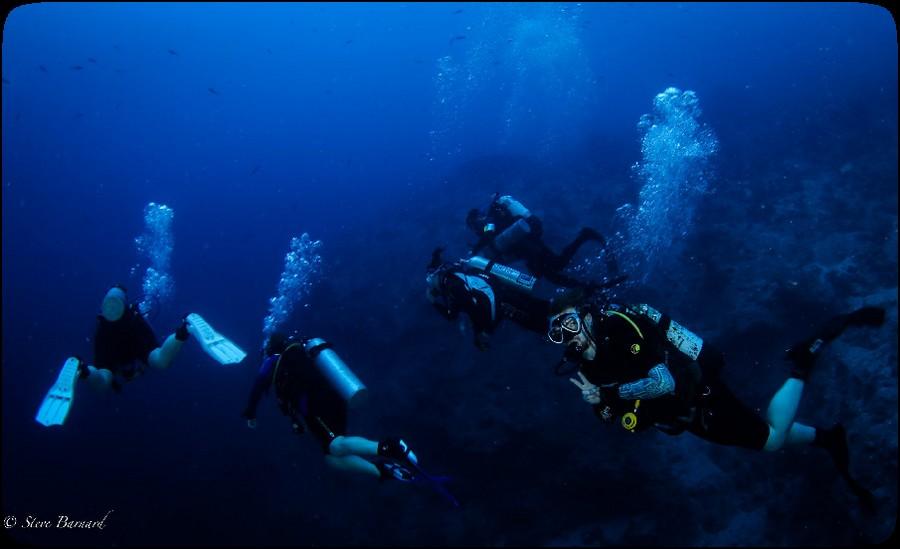
Perygl: Perygl yw unrhyw beth a all achosi niwed ee. cemegau, trydan, gweithio o ysgolion, gyrru, cynnal arolygon cymdeithasol [gallai gair arall am Hazard fod yn Beryglon].
Niwed: Anaf neu salwch.
Risg: A yw’r cyfuniad o’r tebygolrwydd, mawr neu fach, o rywun yn cael ei niweidio gan y perygl a difrifoldeb y niwed hwnnw pe bai'n digwydd
Rhesymol Ymarferol: Pwyso a mesur y gost yn erbyn y budd h.y. gwerthuso’r risg yn erbyn y drafferth, yr amser a'r arian sydd eu hangen i'w reoli.
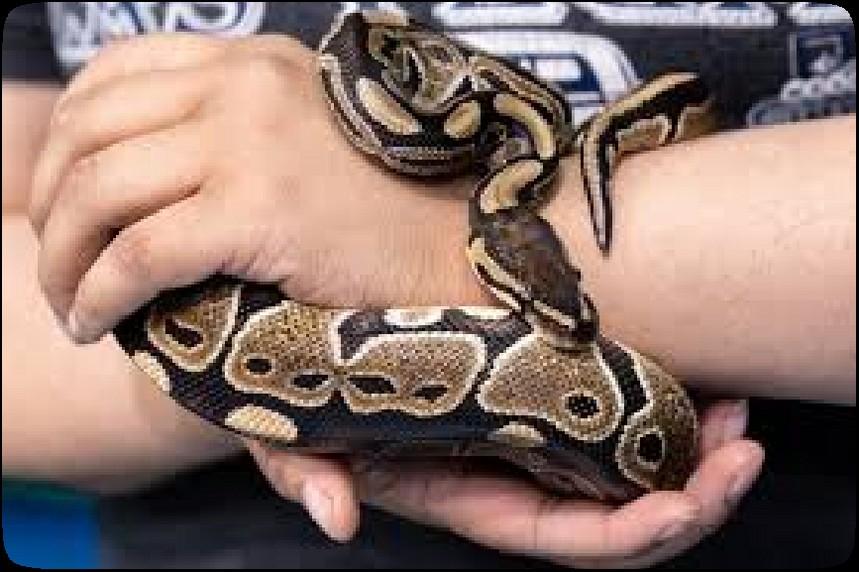
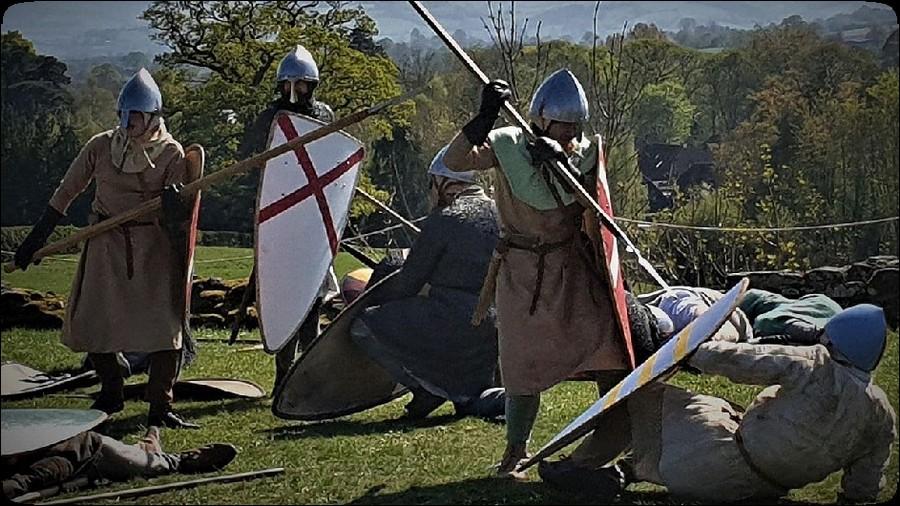
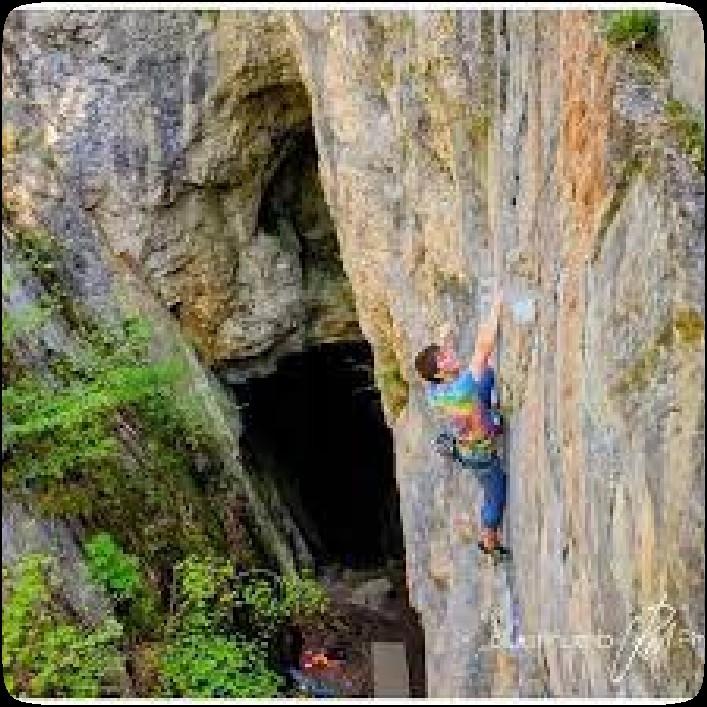
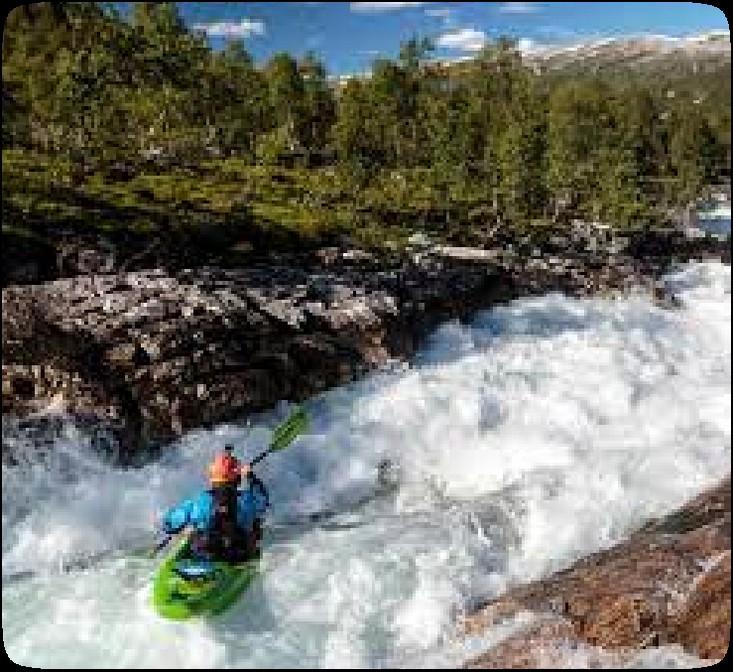

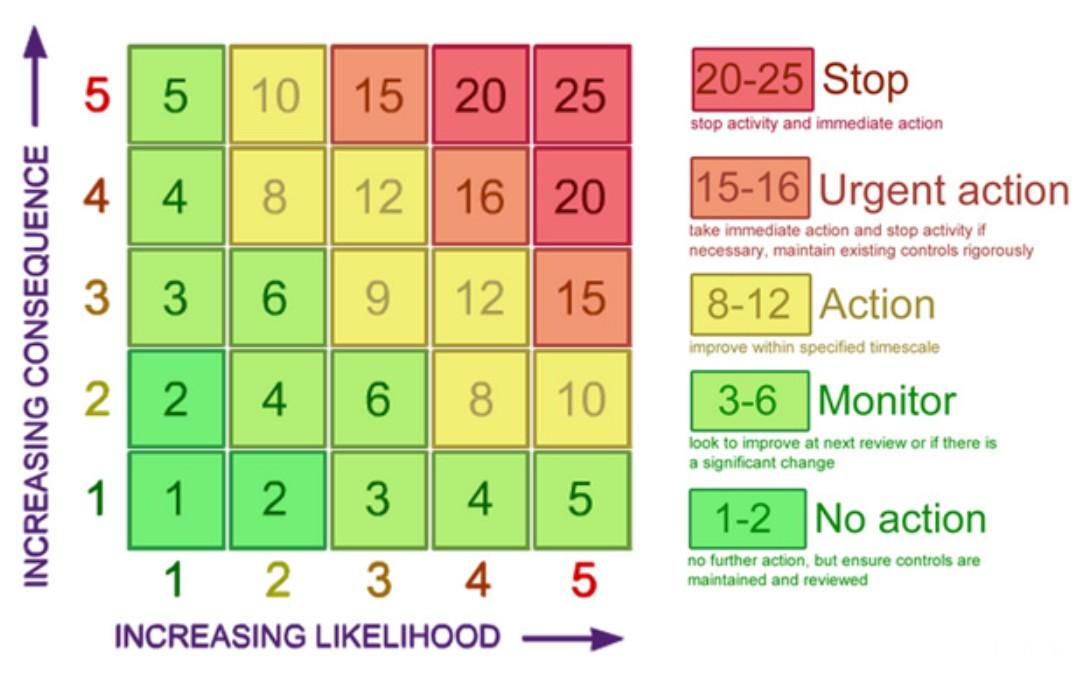

Step 1 – Identify the Hazards.
Step 2 – Decide who might be harmed and how.
Step 3 – Evaluate the risk and identify controls.
Step 4 – Record your findings.
Step 5 – Review your risk Assessment.
Cam 1 – Adnabod y Peryglon.
Cam 2 – Penderfynwch pwy allai gael ei niweidio a sut.
Cam 3 – Gwerthuso’r risg a nodi rheolaethau.
Cam 4 – Cofnodwch eich canfyddiadau.
Cam 5 – Adolygwch eich Asesiad risg.



https://www.bangor.ac.uk/hss/documents/RA1-CarryingOutaRiskAssess mentOct17.pdf




https://www.bangor.ac.uk/hss/documents/RA1-CarryingOutaRiskAssess mentOct17.pdf

What are the consequences/harms?
Skipping a lecture – could lead to:
• falling behind
• missing content
• lower grades
• attendance concerns
• stress, missed information
• not meeting group work responsibilities
What are the controls?
• Ask a friend for notes.
• Catch up on the lecture recording or slides.
• Email the lecturer with key questions.
• Keep an eye on Blackboard announcements.
• Plan ahead (only skip if it won’t clash with assessment prep).
• Don’t make it a habit — occasional, not regular.



https://www.bangor.ac.uk/hss/documents/RA1-CarryingOutaRiskAssess mentOct17.pdf


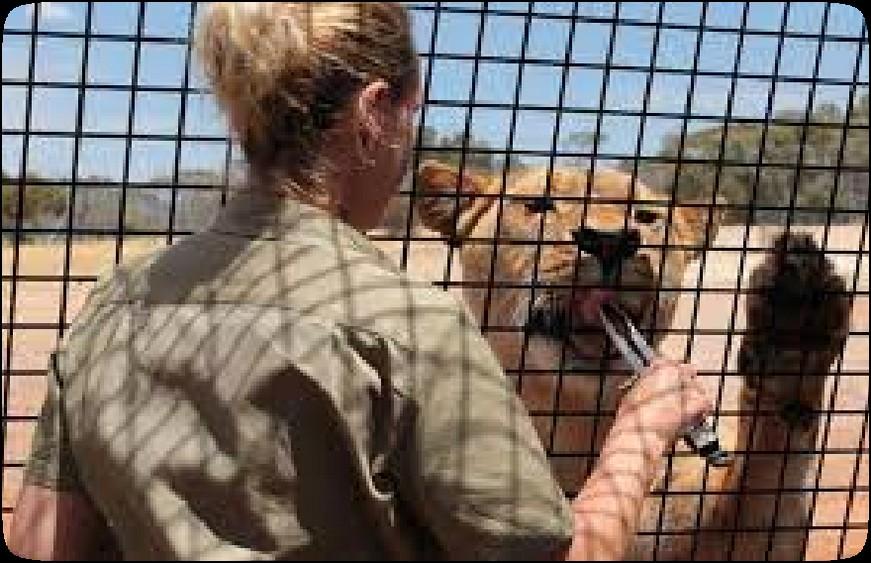


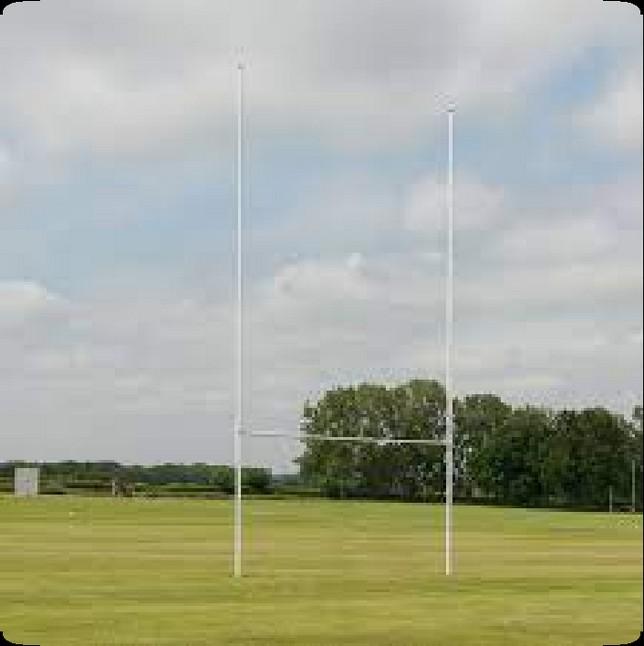
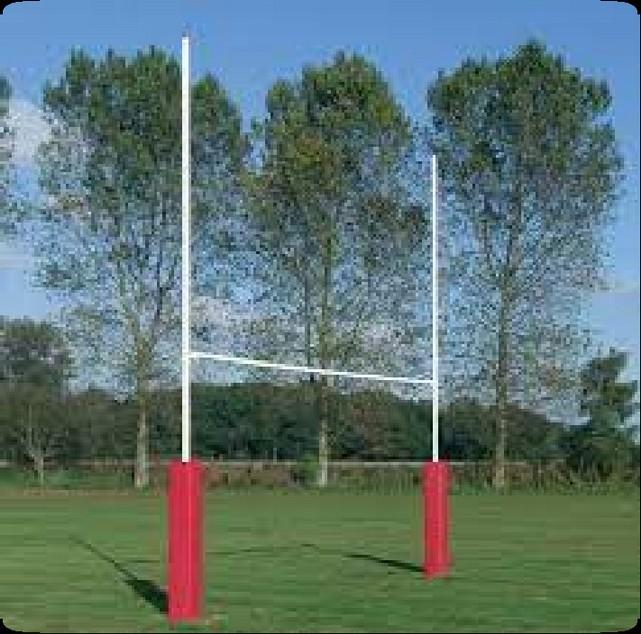




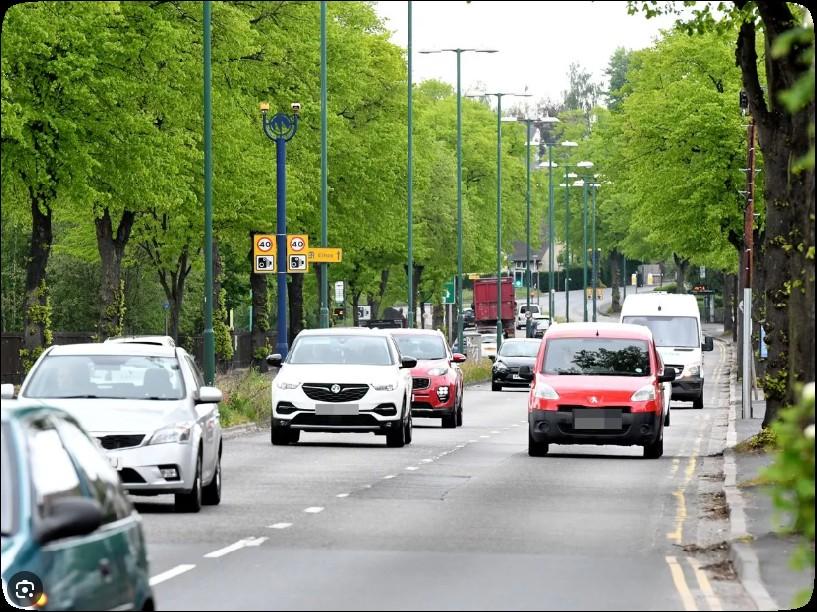
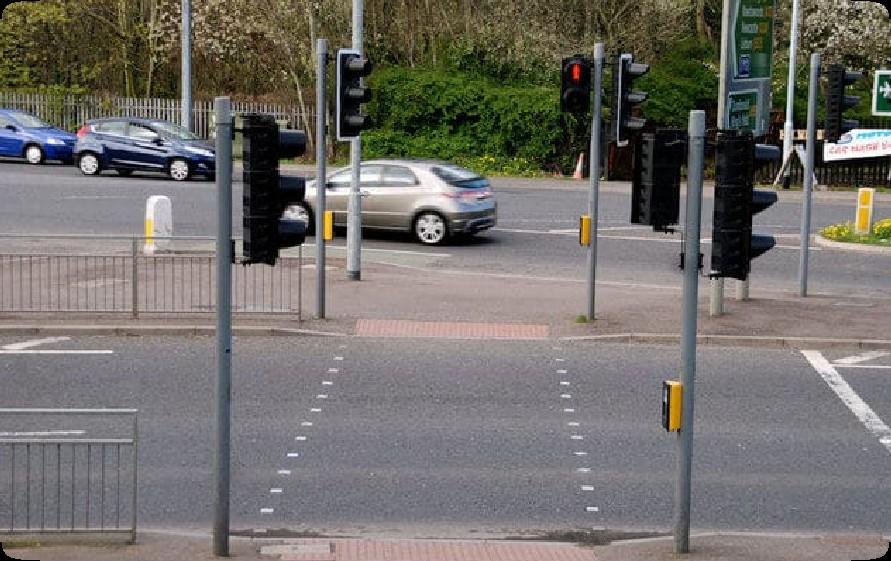


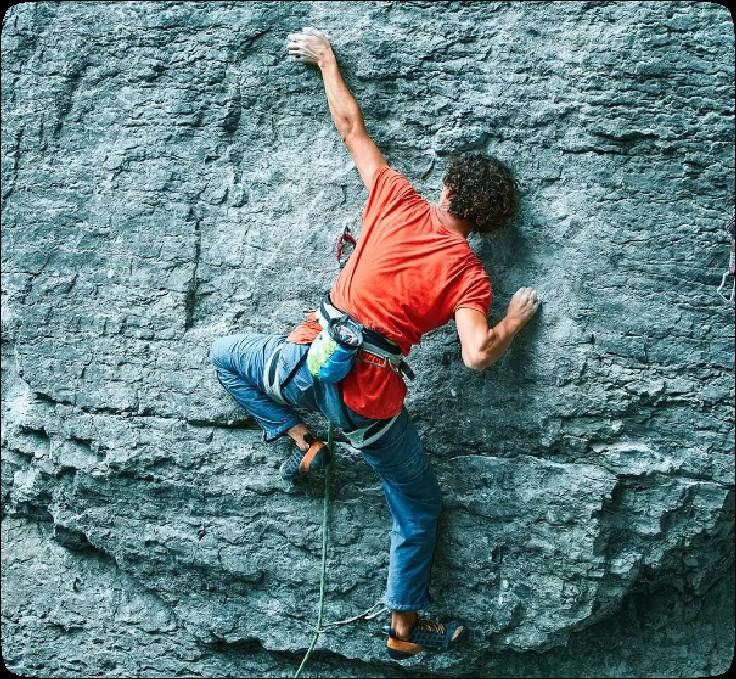
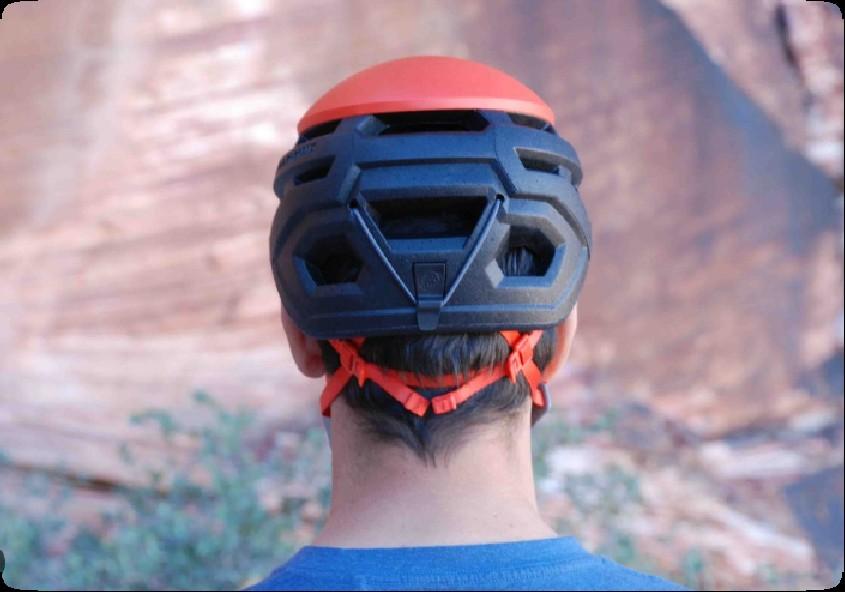

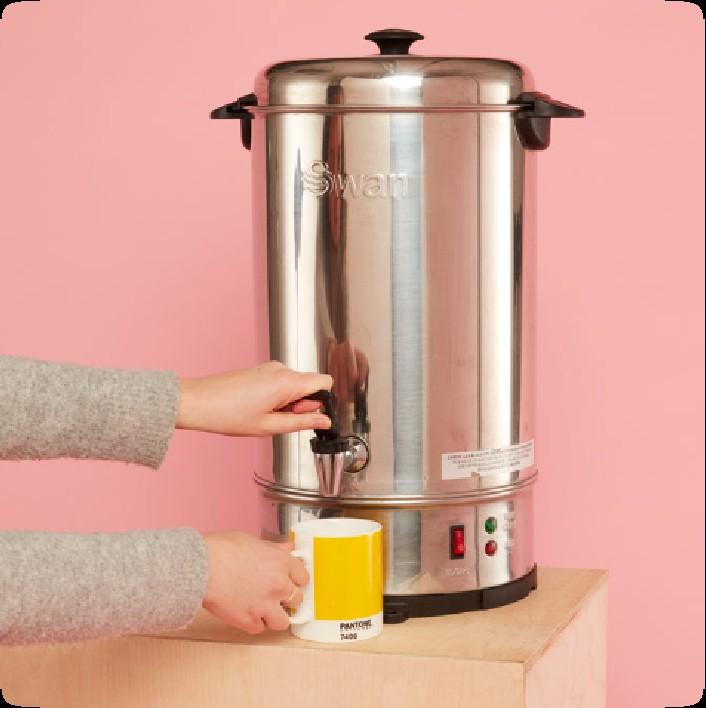
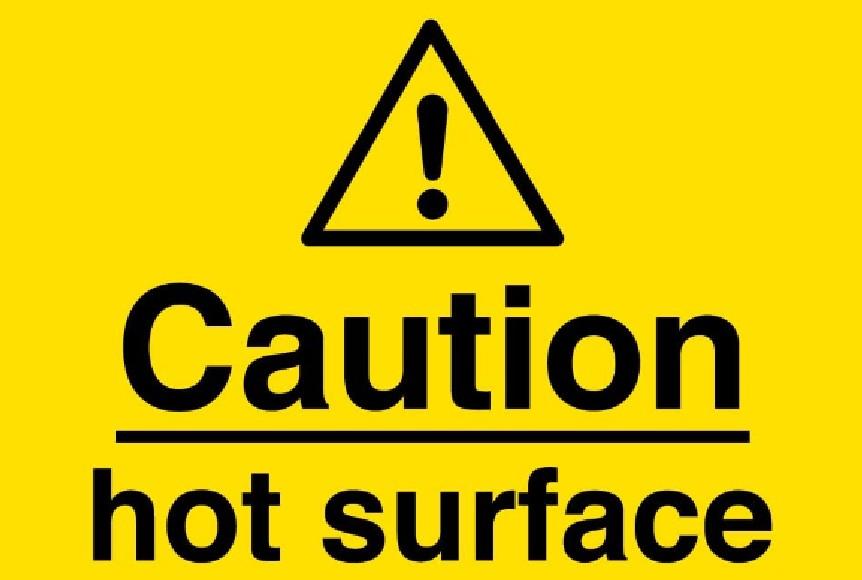

1. The rugby posts – during a game or training people may collide with the posts. This could cause bruising, head injury and/or broken bones.
Any people playing the game. Cushioned pads available to put around the base of posts. a. Group organiser to ensure that pads are fitted to posts prior to training and games. a. Before each game / session




1. Falling rocks from crag – any falling rocks could cause an injury whist climbing or belaying. This could result in head injury, bruising, broken bones.
Any people climbing or belaying.
The clubs has climbing helmets which are inspected each year.
All members are briefed that they must wear helmets whilst belaying and climbing.
Standard briefing document produced.
Nobody is allowed to participate without using a helmet.
Damaged helmets are retired.
a. Ensure that helmets are inspected each year.
b. Group leaders to brief those at the crag to wear helmets.
c. Group leaders to monitor use of helmets.
d. Group leaders to report any damage to helmets to SU
a. August each year.
b. At the beginning of each session
c. Throughout h sessions
d. After each session




1. Tea urn – when on, the tea urn will be very hot. This could cause burns and scolding.
Hot water could also be spilt causing burn injuries and damage to furniture, fixtures and fittings.
Any cables from the tea urn could be tripped upon. This could cause injury such as bruising and also burns if the tea urn is pulled over.

Any person using the tea urn.
People in the vicinity of the tea urn Fixtures and fittings.
“Caution Hot” signs are available to put by or on the tea urns.
All tea urns have lids.
Paper towels are available to wipe up any spills.
a. Group leader to ensure the tea urn is placed on a study surface.
b. Cables will be kept tidy and out of the way. This will be monitored by the group leader.
c. People using the tea urn are reminded that it is very hot.
a. When setting up
b. Setting up and throughout event.



• Complete a Risk assessment for any event that is outside your regular activity.
• Submit Risk assessment to the SU for approval.
• Please don't let his put you off!
• Ask for support from the SU.
• Risk Assessment should be shared to all members.
• Cwblhewch asesiad risg ar gyfer unrhyw ddigwyddiad sydd y tu allan i’ch gweithgaredd arferol.
• Cyflwyno asesiad risg i'r UM i'w gymeradwyo.
• Peidiwch â gadael iddo eich digalonni!
• Gofynnwch am gefnogaeth gan yr UM.
• Dylid rhannu Asesiad Risg i bob aelod.



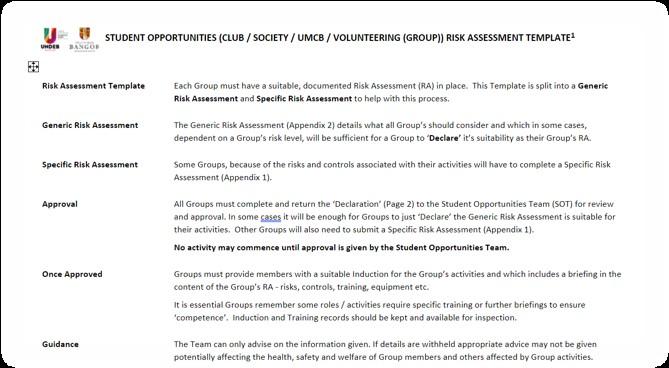
Have comprehensive documentation which covers health and safety requirements.
Have detailed emergency procedures and action plans for all activity.
Have detailed and specific risk assessment for all activities.
Provide detailed reports and evaluations of incidents.
Have documented equipment safety inspections.
Regularly check and maintain all equipment, ensuring record keeping.
Have an accurate inventory of all equipment which is shared with the Students’ Union.
Have first aiders at activity sessions.
Meet with the Students’ Union Opportunities team at the beginning of each semester.
Ensure relevant committee members attend any health and safety training or information sessions the Students’ Union provides.
Have a designated safety officer.
Have suitably qualified or competent coaches/instructors to conduct activities, where required.
All paperwork must be submitted to the SU before activities can take place.
Have emergency procedures for activity.
Have specific risk assessments for all activities.
Report and evaluate incidents.
Have an accurate inventory of all equipment which is shared with the Students’ Union, with safety inspections recorded where relevant.
Have first aiders at activity sessions.
Committee members should attend any health and safety training or information sessions the Students’ Union provides.
All paperwork must be submitted to the SU before activities can take place.
Have basic emergency information and contacts.
Have access to first aiders and first aid kits.
Have risk assessments for activities.
Report incidents and conduct evaluations with the SU where relevant.
Committee members should attend any relevant information and training sessions the Students’ Union provides.
All paperwork must be submitted to the SU before activities can take place.
Any information relating to a living individual who can be identified by for example:
• Name
• Address
• Date of Birth
• Identification number
• Location data (mobile device collecting data on your location)
• Online identifier (e.g. Email, chat, instant messenger, Facebook)




Personal data relating to an individual’s:
• Racial or ethnic origin
• Political opinions
• Religious or similar beliefs
• Physical or mental health or condition
• Sexual life or sexual orientation
• Genetics
• Biometrics (where used for ID purposes)




• Protects personal data and privacy
• Gives people rights and protections
• all committee members who handle personal data have a responsibility.




• Data Collection:
• Collect data only for specific, legitimate purposes and ensure it's not used for other unrelated purposes.
• Only collect data that is necessary for your purpose. Avoid gathering excessive information.
• Consent:
• Obtain explicit consent from individuals before collecting their data. Ensure they understand why their data is being collected and how it will be used.




• Data Storage:
• Security: Make sure files are password protected and kept on groups Teams, paper records are typed up and destroyed securely
• Retention: Only keep personal data for as long as necessary for the purpose for which it was collected.
Data Access:
• Access Control: Limit access to personal data to only those who need it for their role within the club or society.
• Data Sharing: Be cautious when sharing personal data – ask the SU!




• Transparency:
• Privacy Notices: Provide clear information to individuals about how their data will be used, including who will have access to it and how they can exercise their rights.
• Make sure people can request be removed from your data.
Example privacy notice for when using undebbangor.com mailing function:
‘You are receiving this email because you are a member of Undeb Bangor’s XXXXXX Society, to keep you up to date on the events and opportunities you are entitled to as a member of our group. We won’t share your data with anybody else and we’ll only use it to deliver your membership benefits (we won’t send you spam!). If you no longer want to receive these emails, please let us know.’

• Data Breaches – let us know straight away!




Key things to think about:
• Event Lead/Manager – who is ultimately in charge?
• Objective – what is the purpose of your event?
• Event plan – have you got a jobs/tasks list?
• Stakeholders – Who do you need to let know?
• Money – have you got a budget? How much will it cost?
• Rooms – what space will you need? Book it.
• Transport – you may need to get things booked in.
• Risk Assessment – evaluate the risks
• Event plan for the day – think about a running order, rota, timetable



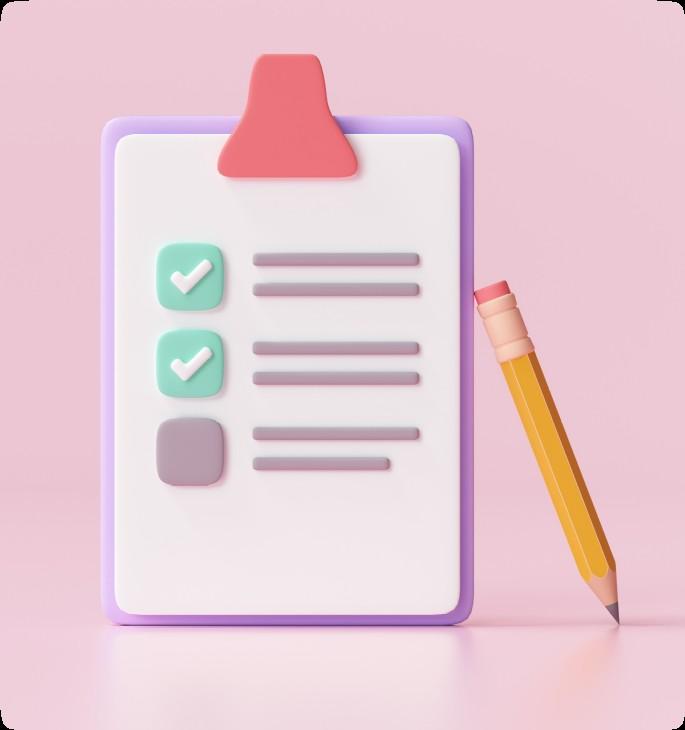

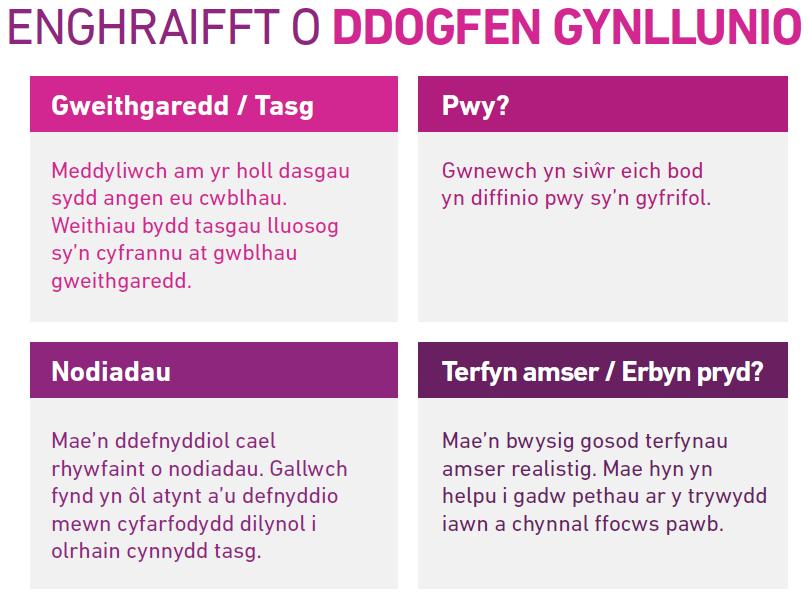



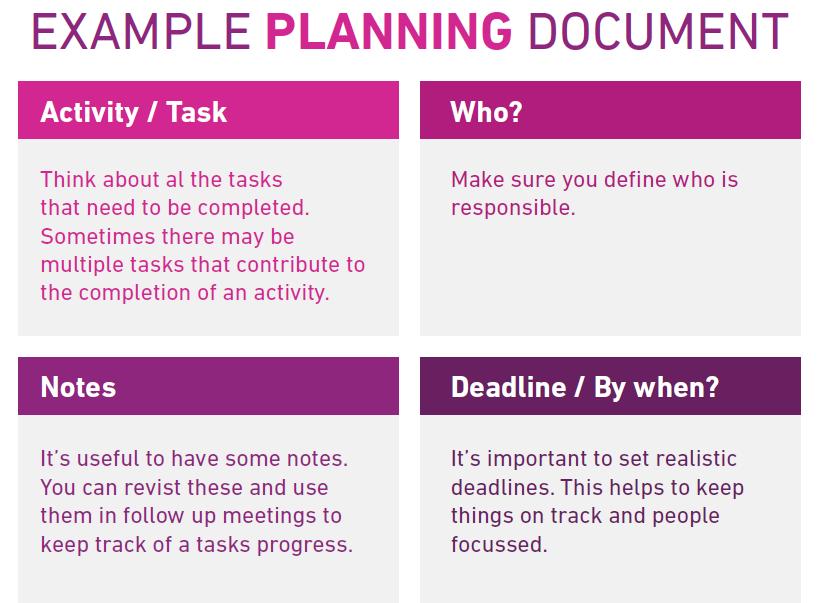
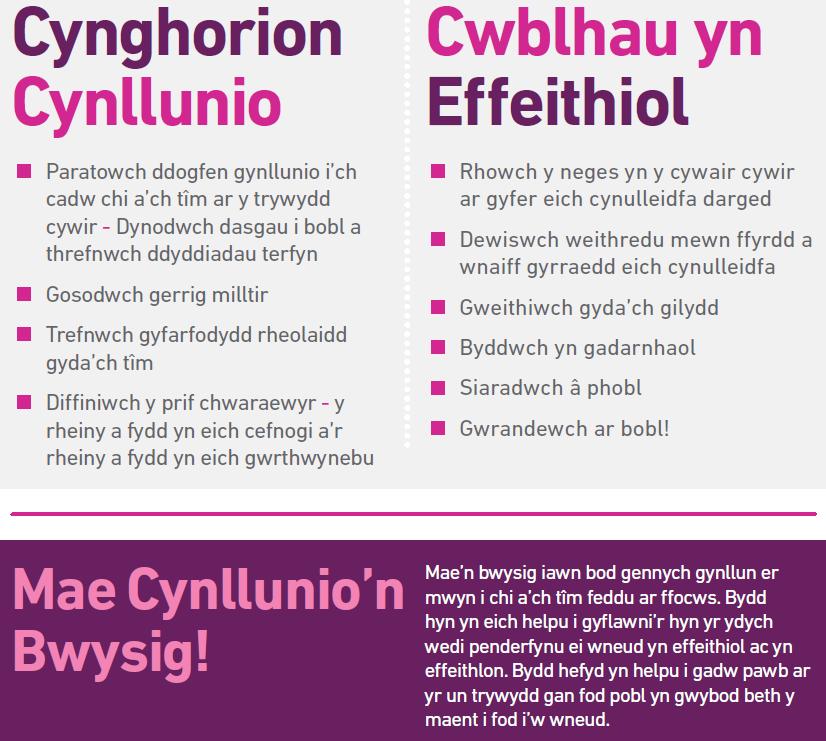
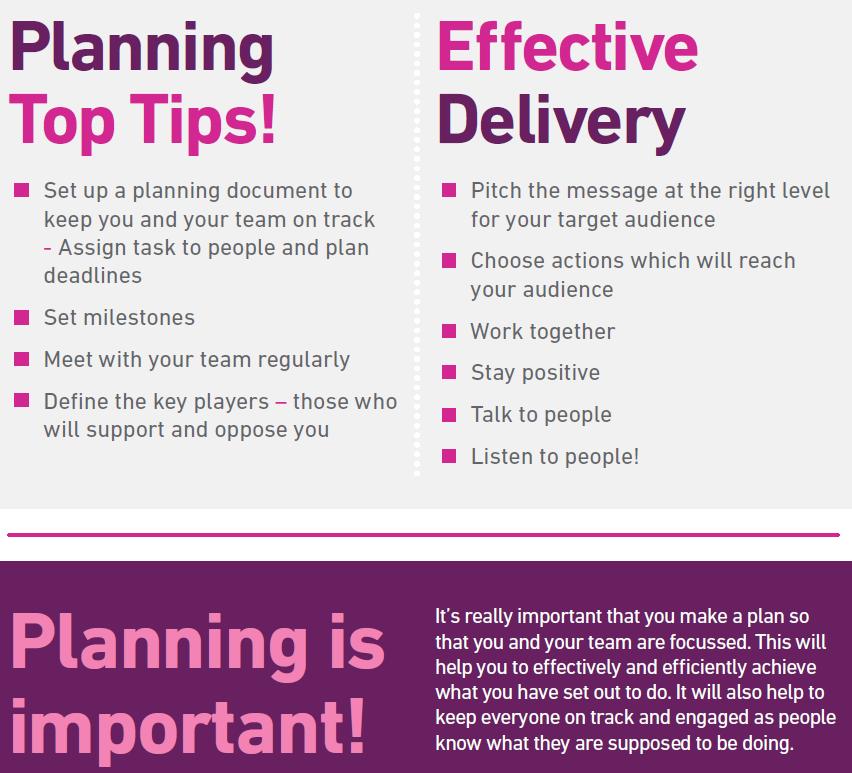


Er eich bod yn rheoli'r prosiect, nid oes angen I chi gwneud pob tasg
Just because you are project managing doesn’t mean you have to do all of the jobs




Plan:(Small event 4-6 weeks notice, Large event 2-3 months);
• Book Venue
• Complete project plan
• Complete activity Risk Assessment
• We will work with you and support you as much as possible.
• For All events everyone has responsibility to make sure everyone's safe.


Cynllun: (Digwyddiad bach 4-6 wythnos o rybudd, Digwyddiad mawr 2-3 mis);
• Lleoliad Llyfrau.
• Cwblhau cynllun prosiect.
• Cwblhau Asesiad Risg y gweithgaredd.
• Byddwn yn gweithio gyda chi ac yn eich cefnogi cymaint â phosibl.

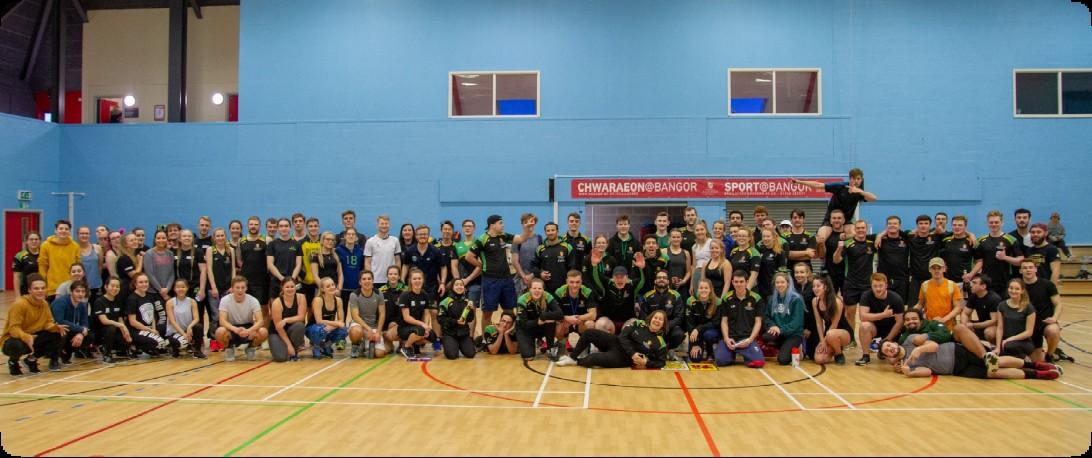
• Ar gyfer Pob digwyddiad mae gan bawb gyfrifoldeb i sicrhau bod pawb yn ddiogel.


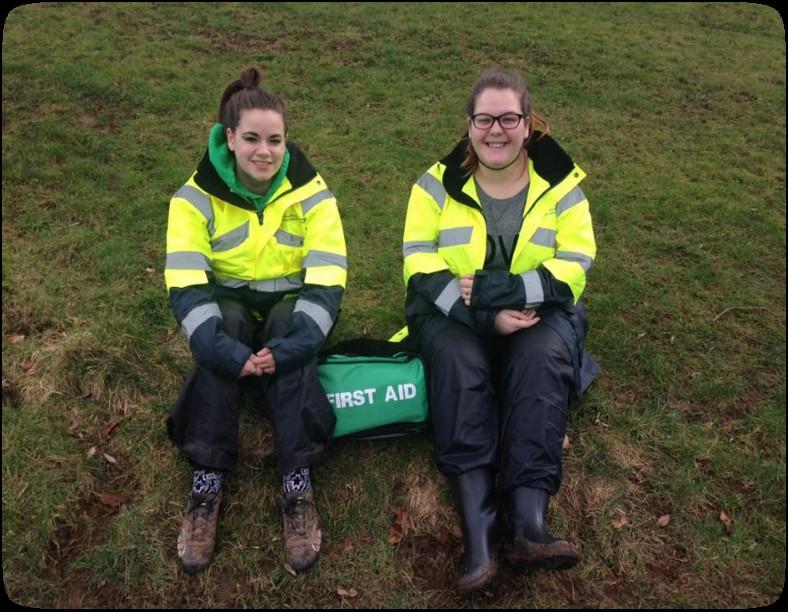

Bake Sales
• Food must be labelled with all ingredients.
• Only served food that can be served at room temperature.
• Never serve food that needs heating or to be kept chilled/frozen.
• Once prepared store and transport cakes etc. in clean, sealable containers.
BBQ
• Food hygiene level 2 required for all hot dishes cooked at an event.
Gwerthiannau Pobi
• Rhaid labelu bwyd gyda’r holl gynhwysion.
• Dim ond bwyd y gellir ei weini ar dymheredd ystafell.
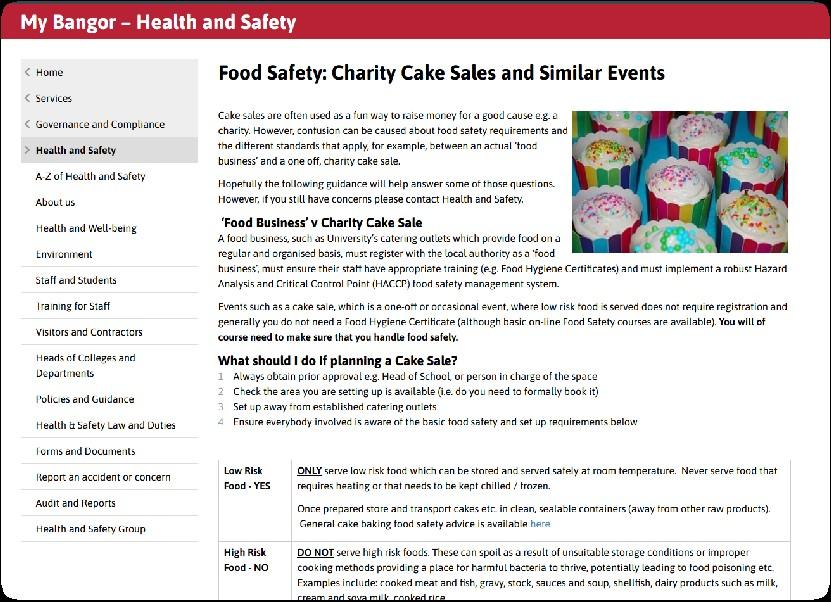
• Yn Peidiwch byth â gweini bwyd sydd angen gwres neu sydd i’w gadw’n oer/rhewi
• Ar ôl eu paratoi storiwch a chludwch gacennau ac ati mewn cynwysyddion glân y gellir eu selio.
Barbeciw

• Mae angen lefel 2 hylendid bwyd ar gyfer pob pryd poeth sy'n cael ei goginio fel digwyddiad.


https://my.bangor.ac.uk/hss/inflink/cakesatcharityevents.php.en

Rheoli Risg, Cynllunio a Rheoli Digwyddiadau
Managing


